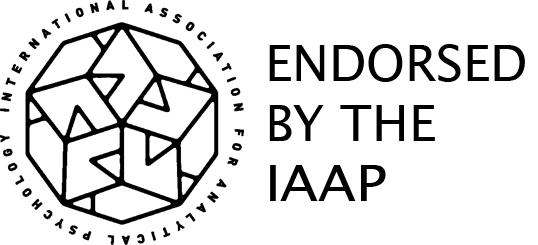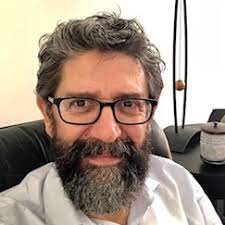In this Alliance Master Class, Dr. Gonzalez will engage with participants in a close reading of his recent paper, “First world problems and gated communities of the mind: An ethics of place in psychoanalysis”. Dr. Gonzalez will elaborate upon his thinking since publication, facilitate discussion, and answer questions. All participants will receive a copy of the article upon registration. In order to provide an intimate, stimulating discussion, the group will be limited to 10 participants who can directly engage with the author.
Gonzalez, F. J. (2020). First world problems and gated communities of the mind: An ethics of place in psychoanalysis. The Psychoanalytic Quarterly, 89(4), 741-770.
Using the social meme of “first world problems” as an opening, this paper articulates a continuous field of psychoanalysis which extends from the individual to the social, and is demarcated by an ethics of place. Psychoanalytic processes are seen as taking place in a number of possible material settings, delimited by structures of framing which necessarily must exclude significant elements in order to make process accessible for work. It problematizes the closed-door mentality of institutional psychoanalysis, arguing for a different future for psychoanalysis in the 21st century. Thinking of psychoanalysis in this way, as an extended field, opens the door to conceiving of ways of practicing that are typically neglected in our theorizing, both within conventional dyadic work in the consulting room and well beyond, to community psychoanalysis. But this broader way of conceptualizing psychoanalytic practice also troubles us with ethical considerations, since we always close the door on something or, more importantly, on someone. These ideas are illustrated by clinical examples.


